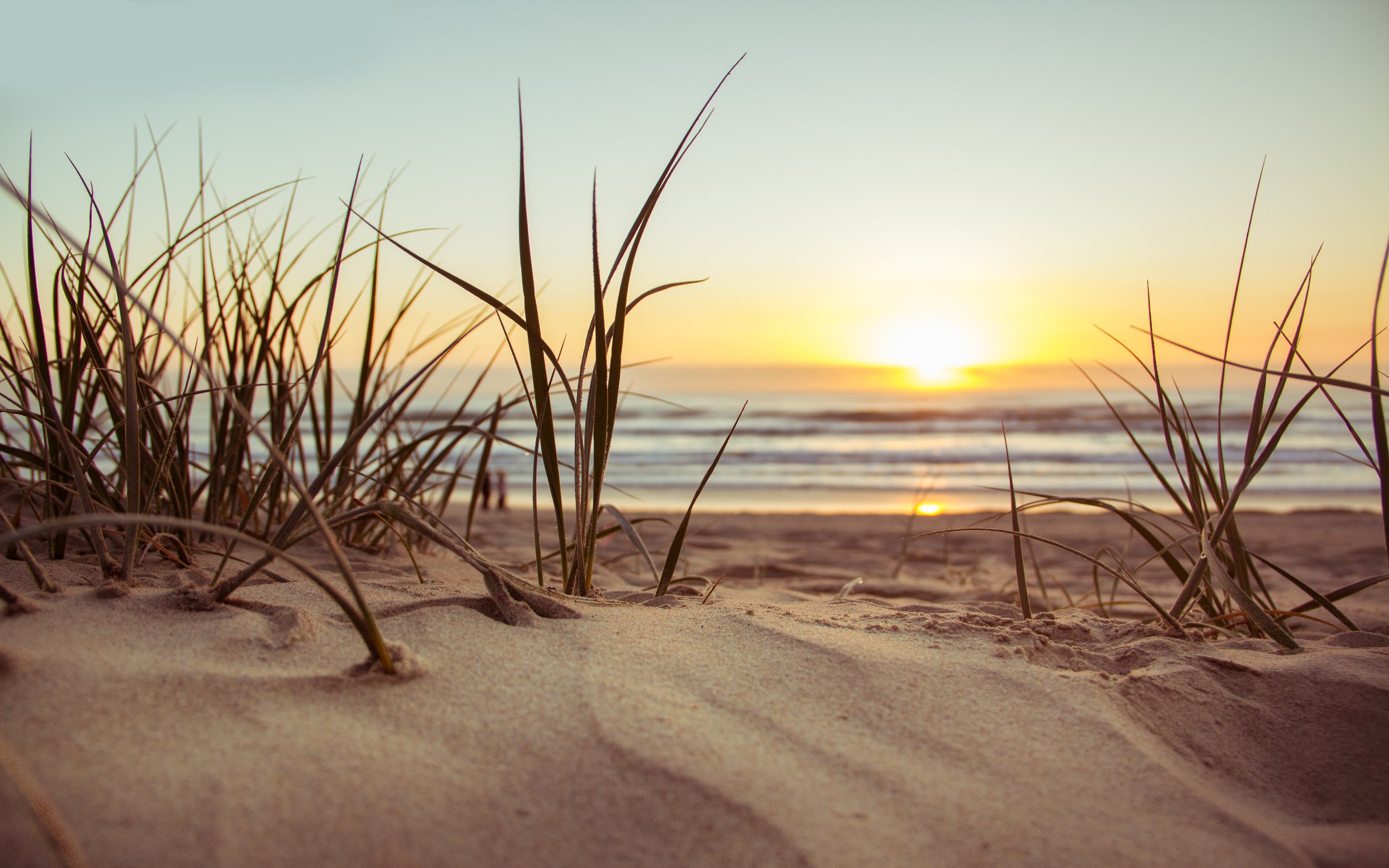A Stripping Away
/Photo by Daiga Ellaby on Unsplash
I’ve been off for a while. The pandemic and all. I just didn’t know how to speak into it. So much pain and heartache and loss. Isolation. A re-routing on life, I guess. Maybe a stripping away.
I sat around the table last night with my kids. We talked and laughed, not about the things today, but stories of yesterday. My youngest son shared one of his earliest memories. He was two, and we were packing up for Mexico. Such a vivid memory for a little one. He remembers looking out the window at our garage sale one week before we left. All of our belongings scattered across the lawn. When he saw another kid pick up his race track to buy, he ran outside and tried to hand him something else—a different toy, so he wouldn’t have to part with his favorite track, his favorite matchbox cars. But I stopped my little guy because we just couldn’t take it along, and I let the sale go through. He had to let go. He was young for such a grand lesson.
Sometimes life doesn’t feel like “letting go” but “stripping away.” It sometimes feels as if we have no say in it. The decision doesn’t seem to be ours.
That day at the garage sale, we got rid of everything that wouldn’t fit in our van and travel trailer. With a family of seven, trust me, it didn’t feel like much came with us. And each of my children remembers something they lost that day. But we packed in everything we could—everything we thought we needed—waved to our best friends down the driveway, and drove 2000 miles to our language school in Texas.
I remember too the day we left Texas one year later with as much Spanish under our belts as we could grab hold of and the whole world open to what lay ahead for our family in Mexico. Our last stop before pulling out of the school was the bodega where our things had been in storage. For a good two hours, we worked in the sweltering heat to shove our belongings back in the places they should have fit. Believe me, my husband is the best packer around. If he can’t puzzle it in, it can’t be puzzled.
Yet, at the end, there were still six plastic bins on the sidewalk.
“We can’t take these,” he said.
“We have to.” There was no bending in my mind. No compromise. Not now. We had already given away so much. This was the bare minimum.
“We can’t,” he said. Period.
I sat down on one of those bins and cried. It poured out from some untapped reservoir inside of me. The anger first. I already had nothing. Why more? God, will you take everything from me? I cried, not for the “things”—children’s clothing and pots and pans—but for the hope. The dreams. All that those bins somehow represented inside of me. My family’s chance to start again. To have a home. A new life together.
We took those bins to the school’s thrift shop. One by one the woman lifted the lid and explored the items inside. Oh, I had needed that … I had a place for those, I thought. Like my two-year-old trying to hold onto his race track that day, I had to let go. The woman smiled at all the items she could re-home, and we left.
I think I might have cried to the border.
And we entered a land so foreign to us. People we didn’t know. A language we could barely speak. Unspoken rules we kept breaking. When our first team came down from our home church—our friends, faces we knew and loved—I remember the sheer panic I felt as they boarded the plane to leave. Please, take me with you. Don’t leave me behind. When our friends left, I experienced a whole new level of stripping. Not things, but people I loved. And I felt very alone.
One day, a man came from the states. I don’t even remember his name or why he was there. But I remember him. I stood with him at the ranch while activity whirled around us. A team was digging a trench. They were laughing despite the dirt and grime and heat. The man told me about a ministry he was involved in back home. He said the old-timers would sit around the fire and talk about the good ole times. The inception. The beginning. The glory days. The days that were rough and hard and took everything from you. He said how he wished he could have been a part of the stories, of the life when it all began.
Then the man turned and looked at me and said, “Someday, you’ll be sitting around a fire talking about the ranch. Because, right now, right here … these are the glory days.”
You know what? He was right.
But sometimes we can’t see it in the moment. Sometimes, we just feel the loss. We feel like we don’t have a choice. That things are happening around us we have no control of. And every day something else is taken from us. But often we can’t see from where we’re standing. We don’t know what’s just around the corner.
And what we think is a stripping away … is actually a new beginning.
Photo by Danielle Macinne (Unsplash)





